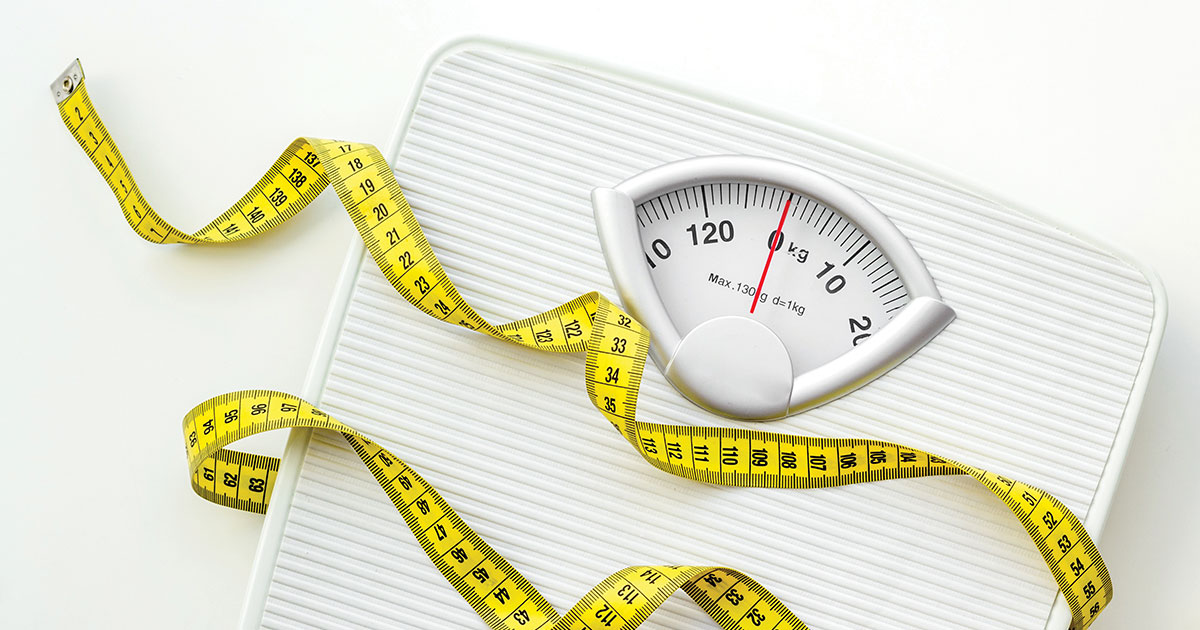Working as a fitness instructor, one of the most common questions asked of me is, “How can I lose about 10 pounds?” If I were going to give a totally sincere answer, to about half of the folks I would say, “You don’t need to lose 10 pounds,” and the other half, I would say, “You really need to lose more than 10 pounds.” It’s a funny thing how our perception of ourselves differs from the way other people see us.
Let me first address the initial group that, from a health standpoint, is probably well within the weight range for their ideal Body Mass Index (BMI). BMI is also defined as the weight-to-height ratio, calculated by dividing one’s weight by the square of one’s height and is an indicator of obesity or for being underweight. Often the true BMI does not match someone’s mental self-image. Unfortunately, perception of an ideal body image can be skewed by the beauty and physique of models, movie stars, and even professional athletes that appear daily on television and in magazines. Society admires these celebrities and asks the question, “Why can’t I look like that?” The answer comes in two words… time and money.
One must remember that being a model, movie star, or professional athlete requires that these professionals depend, in a major part, on their looks. Not only do these professionals make movies, star in commercials, or play sports, but they also spend many hours a day on vigorous workouts with professional trainers to achieve and maintain that perfect body. That’s where money and time become crucial factors. First, being paid millions of dollars to have a perfect body would motivate almost anyone to work out and eat right. Secondly, celebrities can afford to hire professional help to cook nutritious meals, raise their children, landscape their yards, grocery shop, do the laundry, clean the house, etc. Most of us “normal” folks work 8-12 hours a day at jobs with salaries that fall far short of a million dollars a year. We spend our time raising a family, working, and doing daily tasks that leave limited time for lengthy workouts. With this said, in order to lead a healthy, productive, and sane life, it is imperative to take the time to work out and eat healthy to some degree. So even if we are not of movie star status, there are important reasons to maintain an appropriate BMI. In our society, BMI is strongly and inversely associated with socioeconomic status (the higher the BMI, the lower the status), especially among women (Glass, 2010). Research shows that heavier women tend to earn less money than non-heavy women in both professional and blue-collar occupations; they obtain less education and experience more exclusion from managerial positions. Young women who are not heavy experience more career success and are considered cooperative, intelligent, and competent while heavier women are considered to lack self-discipline, be less productive, and have less supervisory potential. This level of employment discrimination is not found for men. A recent study by Glass and associates followed over 10,000 females from their adolescent years and throughout their careers, and related an elevated BMI, especially if higher in the adolescent years, with less education, and thereby less career success.
So, what is really the best way to lose those extra pounds and keep the weight off? Find a lifestyle change that eliminates 500 calories from either your daily energy intake (food consumption) or increase your energy output (exercise) by 500 calories. A combination of cutting calories and starting or increasing one’s workout regimen has been proven to work the best for long term results. The first step involves determining the amount of calories burned during a typical workout. Websites such as caloriesperhour.com can help you calculate calories burned if you do not utilize exercise equipment that calculates this for you. Second, keep track of the calories ingested on a daily basis. (caloriecount.com) for about one week, and review this log to find a way to cut about 500 calories from your typical diet. An easy way to start might combine a 15-minute increase in workout time per day or adding a day to your weekly workout regimen, and skipping the morning latte and choosing black coffee instead. Whatever you decide, remember that little changes over a long period of time can make a big difference. Now make out your plan and get started on your way to a healthier, happier life!




















